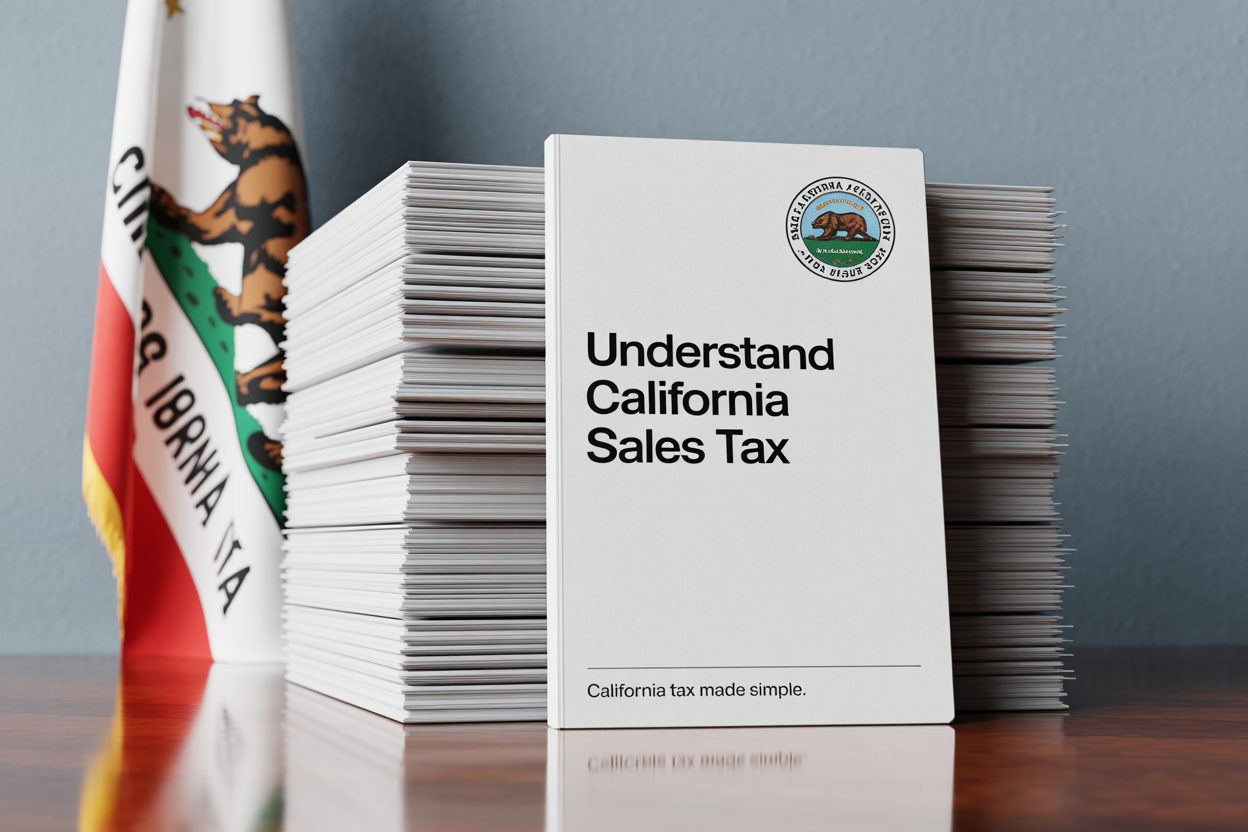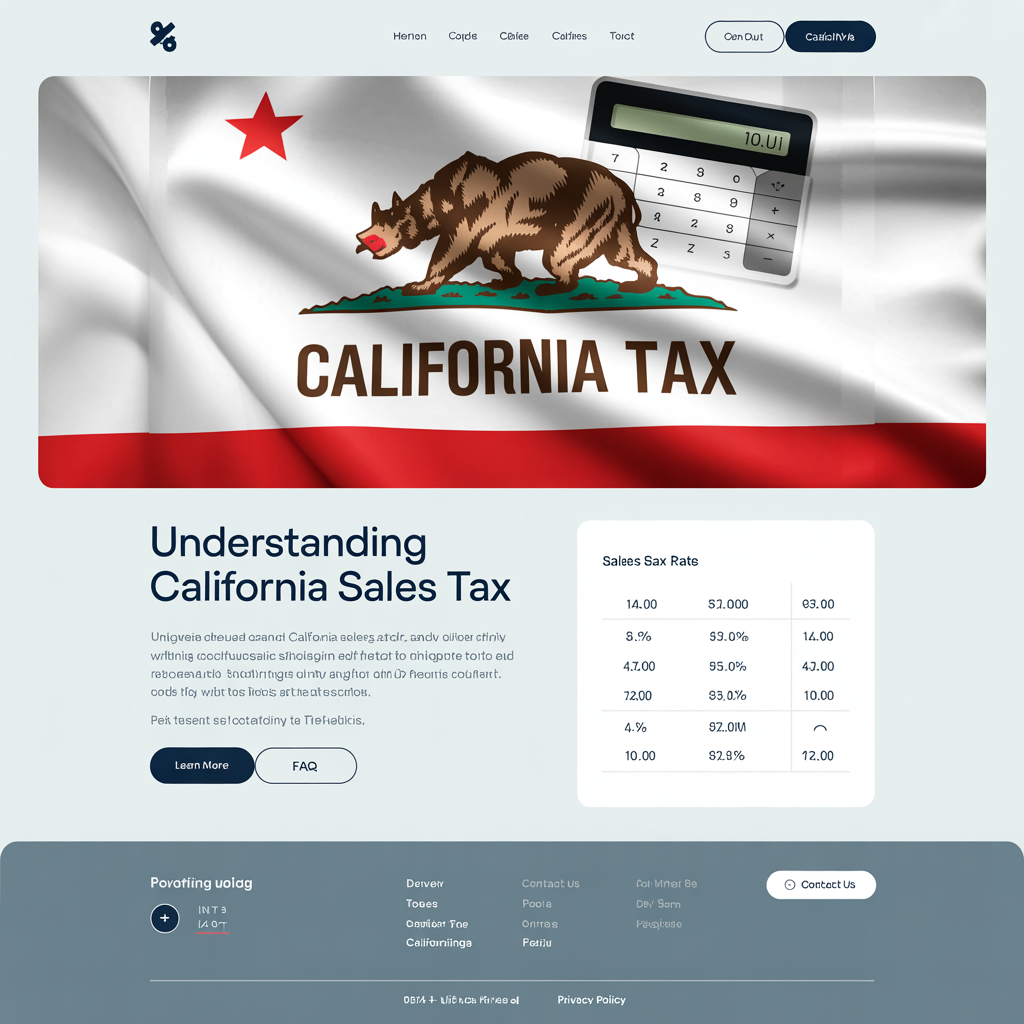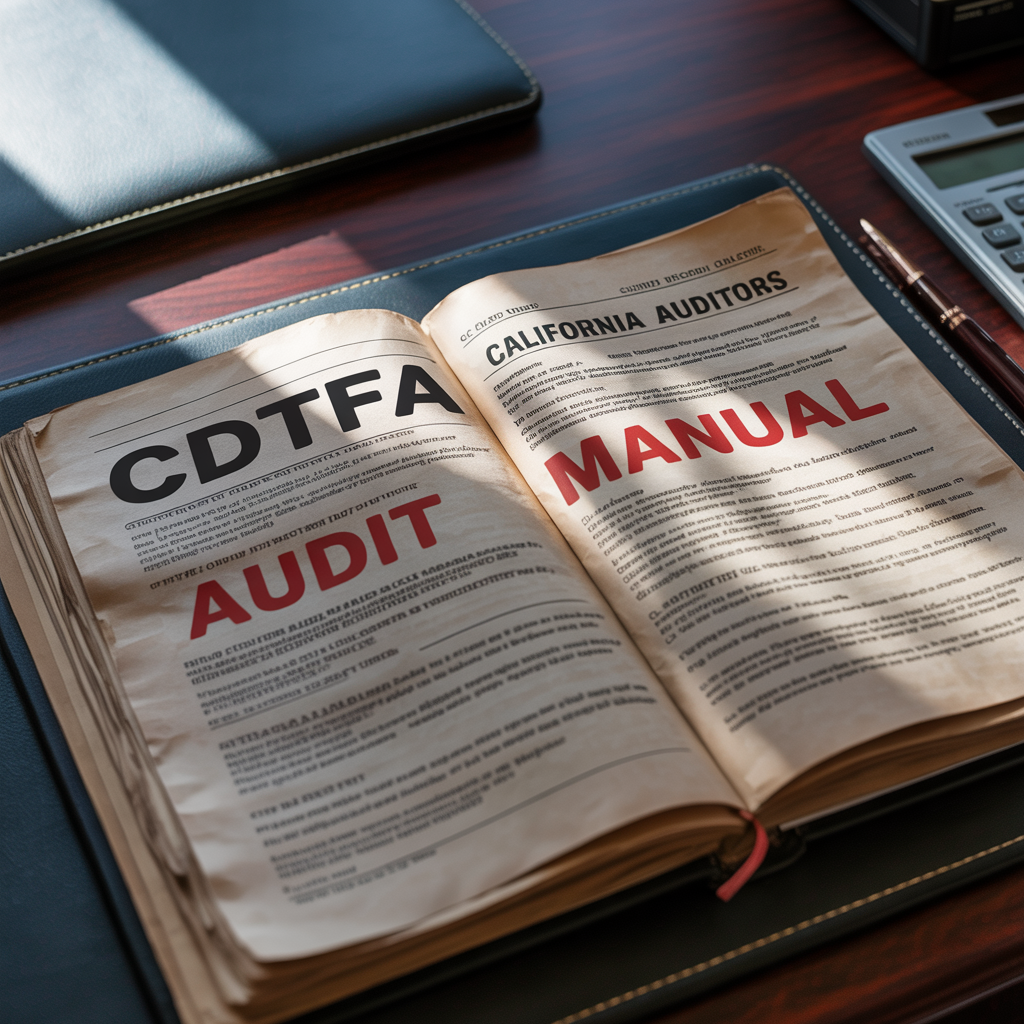What Happens When You Fail a Sales Tax Audit (CDTFA)

If you’ve recently received a responding to a CDTFA Notice of Determination, it likely means the audit didn’t go in your favor. Whether due to missing records, flawed estimates, or simple mistakes, failing a sales tax audit can trigger devastating financial consequences if not handled quickly and correctly.
- This guide walks you through:
- What “failing” a CDTFA audit really means
- What comes next
- What your options are
- How to protect yourself from liens, levies, and growing balances
What Does It Mean to “Fail” a CDTFA Sales Tax Audit?
CDTFA audits are scored based on their findings — but there’s no official “pass/fail.” However, if the CDTFA:
- Disallows your documentation
- Uses an estimate method you disagree with
- Assesses additional tax
- Imposes penalties or interest
...then it’s functionally the same as “failing” in the eyes of most business owners.
Audit results can easily exceed $25,000 to $100,000+, especially for restaurants, contractors, auto repair shops, and retailers. That’s why restaurant sales tax audit survival guide strategies are so important for small businesses in cash-heavy industries.
The Notice of Determination (NOD)
When the CDTFA completes its audit, it will issue a Notice of Determination — this is their formal billing notice.
It includes:
- Total taxes assessed
- Penalties (often 10% or 25%)
- Interest (which compounds monthly)
- Due date for payment or protest
You only have 30 days from the date on the NOD to file a petition for redetermination. After that, the full amount becomes final and collectible.
Common Reasons Businesses “Fail” CDTFA Audits
At Boulanger CPA, we specialize in sales tax audit defense in California to help business owners reduce, reverse, or resolve CDTFA liabilities.
- Missing POS or Sales Records
No Z-tapes, daily sales summaries, or void reports? The auditor will reconstruct your sales — often using inflated estimates. - Unreported Cash Sales
CDTFA will assume that cash-heavy businesses underreport unless proven otherwise. - Improper Exempt Sales Documentation
If you didn’t collect valid resale certificates or documentation for non-taxable sales, they’ll disallow the deduction. - Inventory Reconciliation Issues
CDTFA may perform a markup test using your purchases and calculate a higher sales figure than you reported. - Audit Expansion
If they find problems in one quarter, they may expand the audit to cover additional years — increasing liability dramatically.
Consequences of Failing a CDTFA Audit
Failing to act quickly can result in:
- A large balance that becomes final
- Tax liens filed against your business or personal assets
- Levies on bank accounts or merchant processors
- Suspension of your seller’s permit
- Personal liability for sales tax (yes, even on closed businesses)
And remember: California considers unremitted sales tax to be trust fund tax — meaning you collected it from your customer and didn’t remit it. That’s taken seriously.
What Are Your Options If You Disagree?
If you believe the audit was wrong or overstated:
1. File a Petition for Redetermination
You must do this within 30 days of the NOD. It stops collections and allows you to contest the findings.
2. Request an Appeals Conference
This is an informal hearing before a CDTFA Appeals Bureau representative. You can present evidence, explanations, and alternate calculations.
3. Negotiate a Settlement
In some cases, you can settle for less through the CDTFA settlement program — especially if litigation would be costly or the liability is uncertain.
4. Payment Plan or Offer in Compromise
If you agree with the debt but can’t pay in full, you can apply for:
- Installment agreement
- California Offer in Compromise (for closed businesses)
What Happens If You Do Nothing?
Failing to act results in immediate collections. This may include:
- Wage garnishment (if a personal liability determination was issued)
- Levy of bank accounts or business assets
- Suspension of your seller’s permit
- Denial of future permits or licenses
- Loss of appeals rights
CDTFA is fast — and far less forgiving than the IRS.
How We Help Business Owners Who “Fail” Audits
At Boulanger CPA, we specialize in helping California business owners reverse, reduce, or resolve audit liabilities after the audit is done.
Our services include:
- Reviewing audit reports for errors
- Filing redetermination petitions
- Representing you in appeals
- Negotiating settlements
- Applying for penalty abatement
- Structuring payment plans or Offers in Compromise
We know how CDTFA thinks — and how to fight back.
Related Blog Posts
- CDTFA Sales Tax Audit Overview for California Business Owners
- How to Respond to a CDTFA Notice of Determination
- Can You Negotiate a CDTFA Audit Balance?
- How to Get Audit Penalties Abated with the CDTFA
- CDTFA Audit Manual – What California Auditors Use Against You
👉 Want to learn more? explore more in Defend What’s Yours for in-depth guides and real strategies that protect California businesses.
Frequently Asked Questions
What happens if I fail a CDTFA sales tax audit?
If you fail a CDTFA audit, you’ll receive a Notice of Determination with assessed back taxes, penalties, and interest. Failure to pay can trigger liens, levies, and garnishments.
Can I appeal the results of a failed audit?
Yes. You have the right to file a Petition for Redetermination within 30 days of receiving the Notice of Determination. If denied, you may appeal to the Office of Tax Appeals.
What penalties are added if I fail a sales tax audit?
Penalties can include late filing penalties, negligence penalties, and in severe cases, fraud penalties. Combined with interest, these can significantly increase your balance.
Does failing an audit mean I committed fraud?
No. Most failed audits result from errors, missing documentation, or underreporting. Fraud penalties are only imposed if intentional evasion is proven.
Can I negotiate my audit balance?
Yes. You may qualify for penalty abatement, installment agreements, or an Offer in Compromise if you cannot afford to pay the full balance.
Can failing a CDTFA audit lead to IRS problems?
Yes. CDTFA shares audit results with the IRS and FTB. A failed sales tax audit may trigger income tax audits at both the federal and state levels.
Should I hire a CPA if I failed a sales tax audit?
Yes. Professional representation helps challenge auditor assumptions, reduce penalties, and explore settlement options after failing an audit.
📣 About the Author
Marc Boulanger, CPA is the founder of Boulanger CPA and Consulting PC, a boutique tax resolution firm based in Orange County, California and trusted by high-income individuals and business owners across Southern California.
He is the author of Defend What’s Yours: A California Taxpayer’s Guide to Beating the IRS and FTB at Their Own Game, available now on Amazon. The book offers a step-by-step plan for resolving IRS and FTB tax debt without losing your business, your home, or your peace of mind.
With over a decade of experience resolving high-stakes IRS and State tax matters, Marc brings strategic insight to complex cases involving wage garnishments, bank levies, unfiled returns, and six-figure tax debts. He is known for helping clients reduce or eliminate tax liabilities through expertly negotiated settlements and compliance plans.
Marc is a Certified Public Accountant licensed in California and Oklahoma and holds the designation of Certified Tax Representation Consultant. He is a member of the American Society of Tax Problem Solvers (ASTPS) — the national organization founded by the educators and practitioners who have trained thousands of CPAs, EAs, and tax attorneys in IRS representation strategy.
Every case is handled with discretion, proven methodology, and direct CPA-led representation — not call center scripts.
📍 Learn more at www.orangecounty.cpa or call (657) 218-5700.










